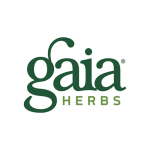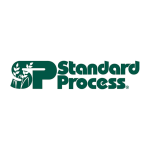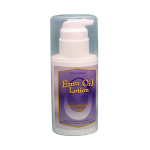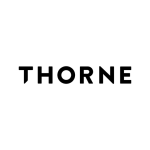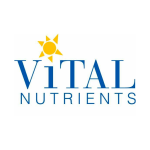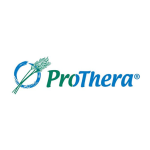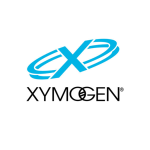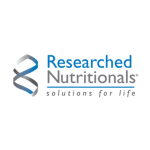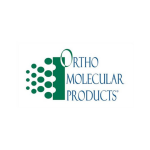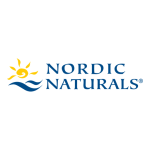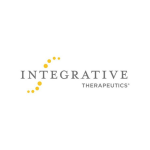Vitamins
Above and beyond any vitamin or supplement is the importance of a healthy diet. Even the best supplement is no substitute for good nutrition. The basis of healthy eating should always be a diet rich in fresh vegetables, fruits, healthy fats, healthy grains, healthy proteins and low in processed, fried, sugary, and refined foods. However, some people may benefit from extra nutrients found in vitamins and supplements. For example, many people living in the Pittsburgh area are low on Vitamin D and may experience symptoms of fatigue, muscle aches, and even mild depression. Supplementing this correctly may be quite helpful in relieving those symptoms.
The word “supplement” means something added. In this case, we may recommend adding or integrating something to a basic healthy diet and lifestyle, a prescription medication, or to another therapy to treat a medical condition. It is important to remember that not all supplements are beneficial, especially when taken in toxic doses or combined with other medications. At The HCIM, we welcome truthful disclosure of all supplements that you are taking in order to review and discuss if your current regimen is most beneficial to your health.
Herbal supplements, also referred to as botanicals, are different from vitamin and mineral supplements in that they are considered to have medicinal value and have been used for many years in health care. They are the basis of many modern medicines, and from ancient civilizations to many contemporary cultures today, we still rely on herbs for aid in healing. In fact, the World Health Organization has estimated that 80% of the world’s population continues to use traditional therapies, a major part of which are derived from plants.
As an example, turmeric, the main spice in curry, is one of the most powerful herbs known for helping to fight medical issues, such as arthritis, inflammatory bowel disease, and side effects from chemotherapy. It has so many healing properties that there have been thousands of peer-reviewed articles published about its benefits. Other frequently mentioned and studied medicinal herbs include garlic, ginseng, ginger, and milk thistle.
Advertising of certain vitamins and supplements in the media today can be misleading, promising a “totally safe”, “natural”, and “quick and effective” solution to a certain health problem. At The Health Center for Integrative Medicine, we ask you to conduct your own research of a product and invite you to have a discussion with us before starting any new, over the counter supplement. A recently renewed focus on the quality and safety of supplements has generated many discussions around public health implications while also promoting enhanced regulatory interest and enforcement. Concerns include too little of an active ingredient, extraneous materials added, substitutions used for a claimed naturally derived product, and products being adulterated with drugs or drug analogs. There are reported cases of supplements causing adverse side effects or simply not being effective if the amount of product listed on the bottle just isn’t there.
With all that said, we do believe there is added worth to integrating vitamin and herbal supplements when appropriate in treating various medical problems. We never ask you to purchase any of these at our office, but given the quality and safety concerns of the typical over the counter products, we do have available for sale many vitamin and herbal supplements that have been well researched by our office. These supplements are high pharmaceutical grade, produced under certified good manufacturing processing (cGMP), free of fillers that can be harmful, and made with Quality Assurance so that you can be certain that the amount of a product listed is, in fact, present in each product.
